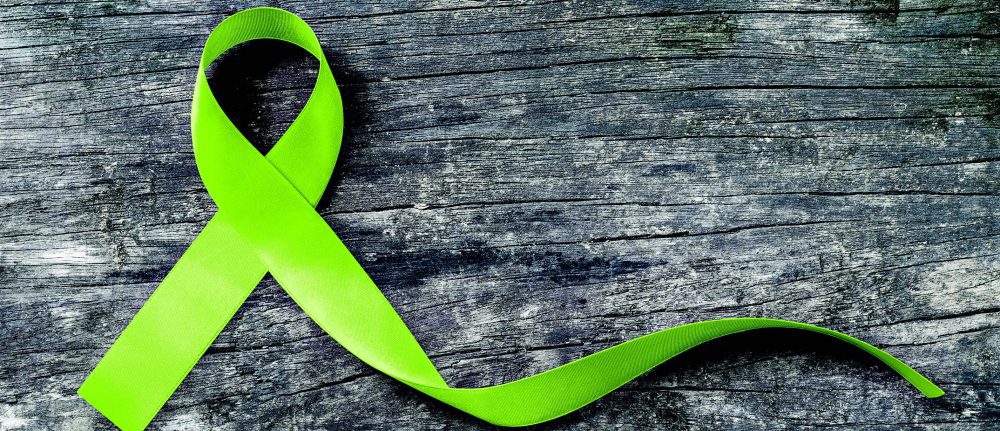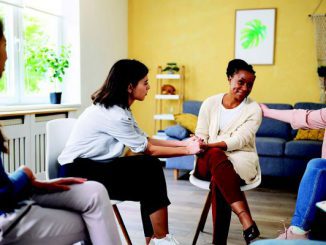
[This article was written by The TeleSafe Team, administered by St. Peter’s Crime Victim Services.]
April is both Sexual Assault Awareness Month and STD Awareness Month. After a sexual assault, many people fear they have contracted a sexually transmitted disease (STD) or infection (STI). To raise awareness and empower individuals with knowledge about this important topic, we’ve engaged with some of the top experts in the field of sexual assault response and examination to answer some frequently asked questions.
I feel physically okay after the assault. Should I get a medical exam?
Even if you physically feel ok, it is always a good idea to get checked out medically and receive any preventative STD/STI medications you may need. The choice to do so, however, is completely a personal decision and up to you. The Centers for Disease Control and Prevention has recommendations for testing: https://www.cdc.gov/std/treatment-guidelines/sexual-assault-adults.htm.
What STIs can you test for at the hospital? How long does it take to get results?
Samples for testing are collected in the Emergency Department at the time of your visit. Your provider will discuss which tests they recommend to identify potential risks, educate you on the risks and benefits of testing and treatment, and support you in whichever decision you feel is right for you. Results take 1-3 days to be processed, based on the type of test performed.
Is there a difference between a Forensic Rape Exam and a Medical Exam?
Yes. A forensic rape exam is generally done up to 120 hours after a sexual assault to collect evidence that could be used in court, should a survivor choose to go through the criminal justice process. If you are receiving this type of an exam they will also provide a medical exam, treat injuries, and provide preventative medications or treatments you may need. These exams are always completed in a hospital Emergency Department.
Medical exams can be conducted at any time after the assault, and can be completed at a health clinic, doctor’s office, or hospital. Standalone medical exams do not include evidence collection but will provide treatment for any injuries and medication for STD/STIs.
Do I have to have a forensic rape exam to receive STD/STI treatment? Can I have an advocate for support?
No, you do not need to have a forensic rape exam in order to receive medical care and STD/STI treatment. Yes, it is your right to have an advocate support you through any medical or criminal justice process following a sexual assault.
What options do I have for STI treatment and prevention after an assault? Does it cost anything?
Treatment options consist of antibiotics and antiretroviral medications. A patient reporting sexual assault will be offered and, with their consent, given the first dose of antibiotics and antiretrovirals in the Emergency Department. Pediatric/adolescent patients will receive the full 28-day regimen of antiretrovirals, and the adult patient will receive a 7-day supply, per NYS law. The cost of this medication is free to the patient in NYS. To learn more, visit https://ovs.ny.gov/victim-compensation.
How long can I wait to get STD/STI treatment after an assault?
HIV (Human Immunodeficiency Virus) prophylactic medication can be initiated within 72 hours (about 3 days) after an assault. Emergency contraception should be started within 5 days. Efficacy decreases each day, so it is recommended to start as soon as possible.
In the aftermath of sexual violence, programs like St. Peter’s Crime Victim Services are always available for support and resources. Free forensic medical care for survivors of sexual assault is available 24/7 at Samaritan Hospital, St. Peter’s Hospital, and Samaritan Hospital – Albany Memorial Campus. If you need immediate support, you can contact our 24-hour confidential hotline at 518-271-3257.
For more information about Crime Victim Services, please call 518-271-3410 or visit our website at www.sphp.com/crimevictimservices.
Our thanks to Tina Bates, BSN, RN, SANE-A, SANE-P, FN-CSp, CCRN, IPVNE, NYSAFE, EMT, Supervisor of Nursing; Christi Waldron, Director of Partnership Development; and Christine Kirk, Executive Director, for their invaluable insight.





